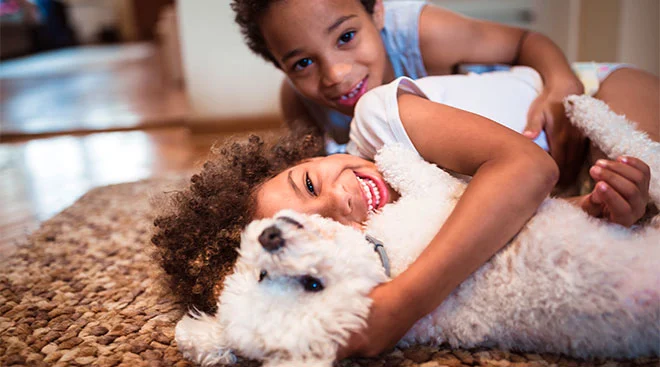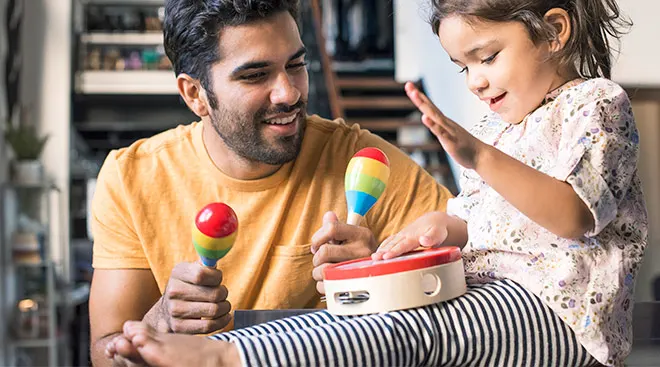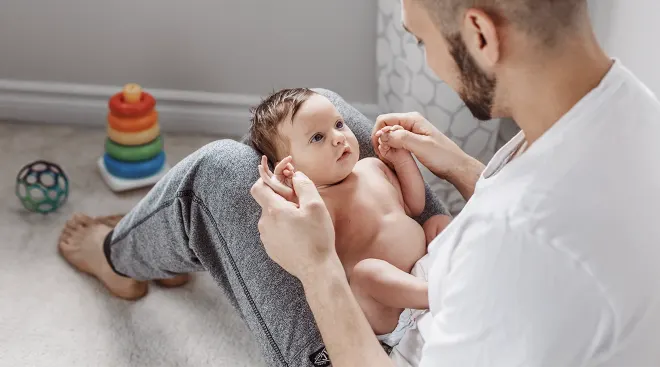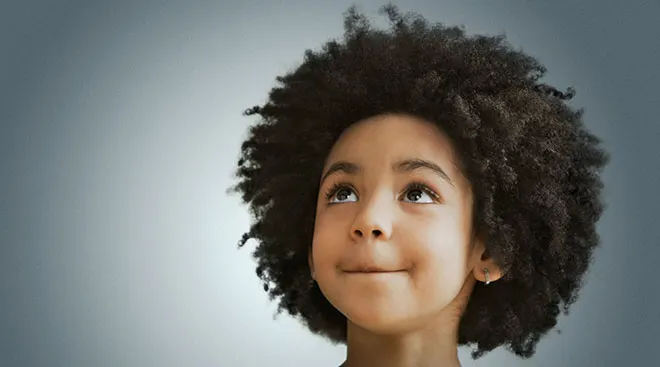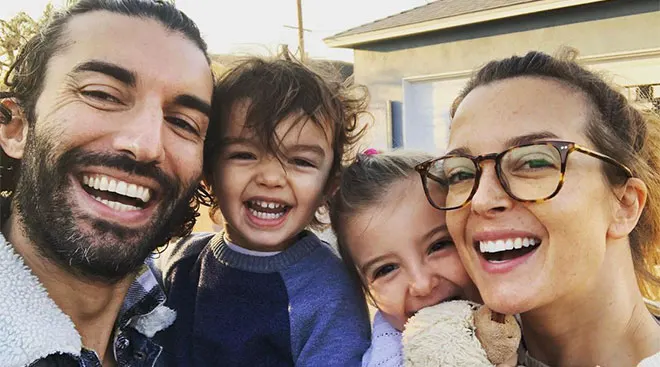Loss of a Pet Can Greatly Affect Young Kids’ Mental Health, Study Says
It’s no secret that young children and their pets can form special bonds that offer love, protection and comfort. In fact, previous studies have proven that pets are good for encouraging social development and emotional experiences in young kids. A recent study is now saying that the bond is so profound that the death of a pet can trigger grief and prolonged mental health issues in children.
The study, conducted by researchers at Massachusetts General Hospital and published in European Child & Adolescent Psychiatry, is among the first to look at mental health responses in kids due to a pet’s death. It found that the strong emotional attachment between kids and their pets can cause mental distress and depression for three or more years after losing the pet.
The researchers looked at a sample of 6,260 children from the Avon Longitudinal Study of Parents and Children (ALSPAC), in Bristol, England. They looked at data from the moms and kids and tracked the experiences of pet ownership and loss until the child was 8 years old. The researchers found that 63 percent of kids with pets were exposed to the death of a pet by the age of 7.
“One of the first major losses a child will encounter is likely to be the death of a pet, and the impact can be traumatic, especially when that pet feels like a member of the family,” Katherine Crawford, CGC, lead author of the study, said in a press release. “Parents and physicians need to recognize and take those symptoms seriously, not simply brush them off.”
“We observed that the association between exposure to a pet’s death and psychopathology symptoms in childhood occurred regardless of the child’s socio-economic status or hardships they had already endured in their young lives,” Erin Dunn, ScD, MPH, senior author of the study, also added.
The researchers surprisingly found that male children had more pronounced mental health effects after the loss. They also found that the strength of the association between the two was independent of when the pet died during childhood, how recently it had occurred or how many times kids experienced this kind of loss. According to Dunn, this speaks to “the durability of the bond with pets that is formed at a very early age, and how it can affect children across their development.”
While more research is needed, the study stresses the importance of parents, caregivers and pediatricians recognizing and taking this kind of grief and any consequential psychological reactions in children seriously.
“Adults need to pay attention to whether those feelings are deeper and more profound and if they’re lasting longer than might have been expected,” Crawford said. “They could be signs of complicated grief and having someone to talk to in a sympathetic or therapeutic way may be extremely helpful for a child who is grieving.”
Please note: The Bump and the materials and information it contains are not intended to, and do not constitute, medical or other health advice or diagnosis and should not be used as such. You should always consult with a qualified physician or health professional about your specific circumstances.
Navigate forward to interact with the calendar and select a date. Press the question mark key to get the keyboard shortcuts for changing dates.

































